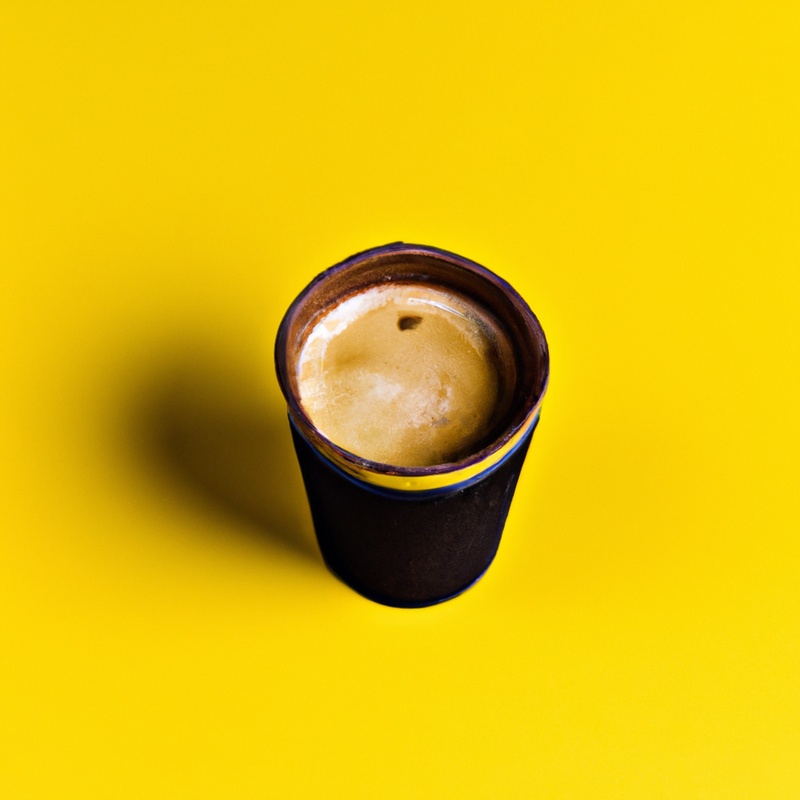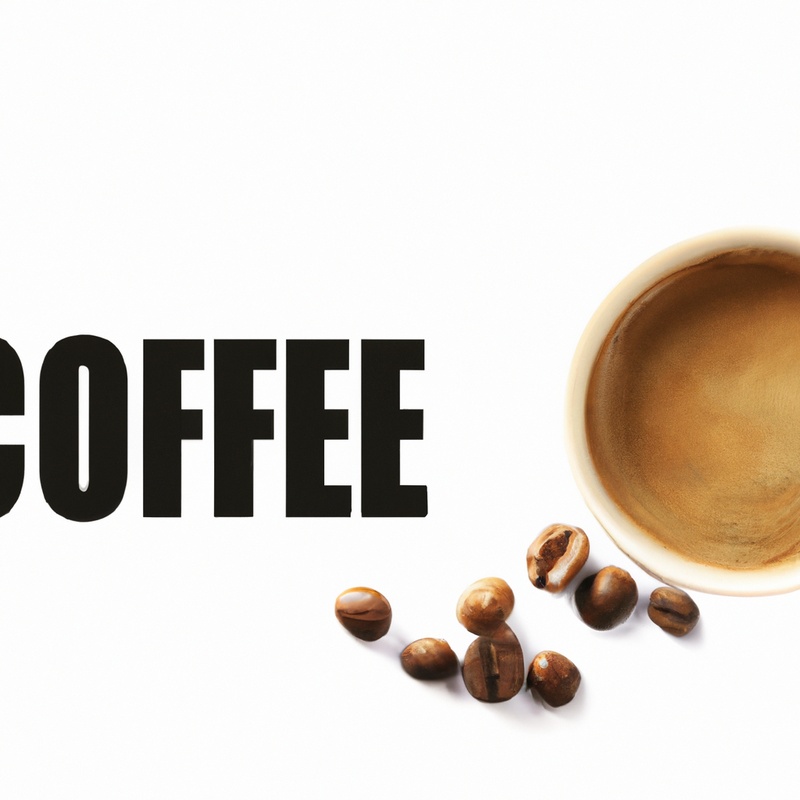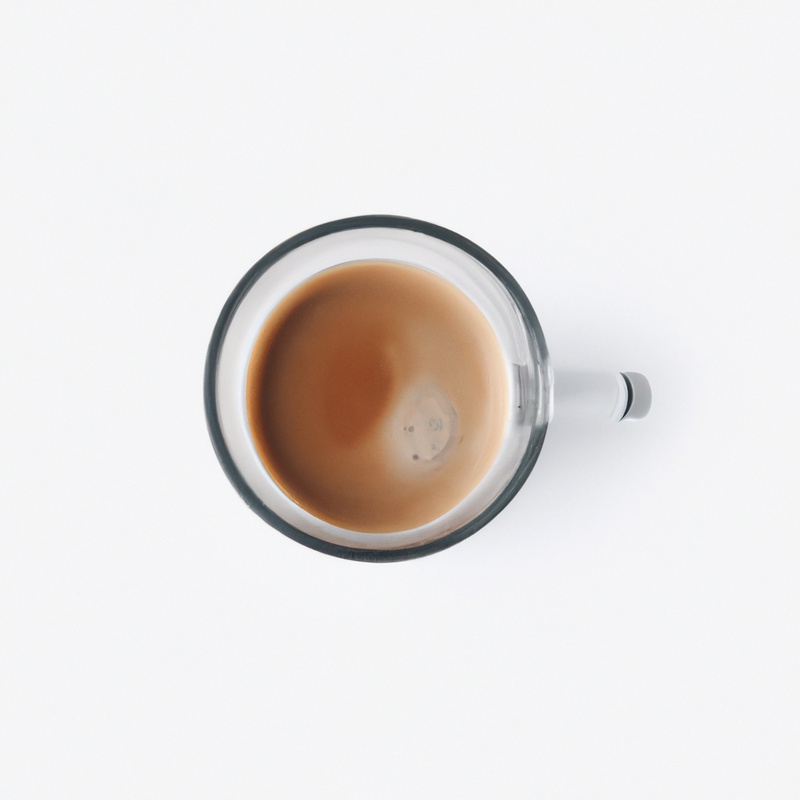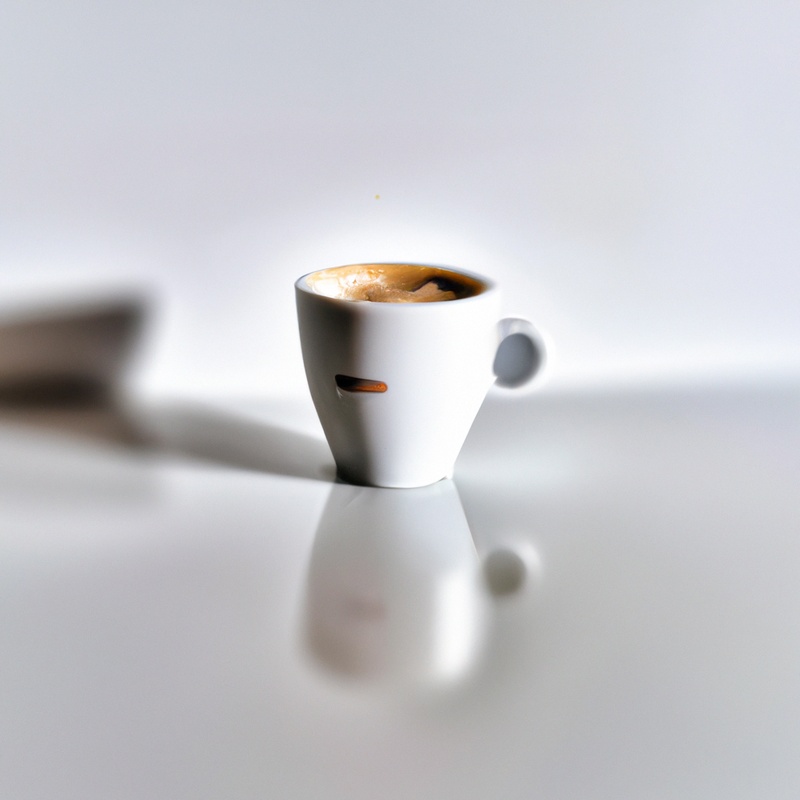Key Takeaways:
- Cold brewed coffee typically has less caffeine than hot brewed coffee.
- The cold brewing process extracts fewer caffeine compounds.
- Cold brewed coffee can be a less stimulating option for those looking for a milder caffeine kick.
- Factors like brewing time and coffee-to-water ratio can affect the caffeine content in cold brewed coffee.
Do you ever wonder if your morning cup of cold brewed coffee gives you the same caffeine kick as a steaming hot cup?
Well, you’re not alone! The world of coffee is vast and ever-changing, and it’s no surprise that there are questions about the caffeine content in various brewing methods.
In this article, we’ll dive into the world of cold brewed coffee and explore whether it truly has less caffeine.
We’ll also uncover the benefits of this trendy beverage and answer some frequently asked questions.
So grab your mug and let’s embark on this caffeinated adventure!
| Cold Brewed Coffee | Regular Brewed Coffee | |
|---|---|---|
| Caffeine Content | Lower | Higher |
| Preparation Method | Steeping coarsely ground coffee in cold water for an extended period of time, usually 12-24 hours | Brewing finely ground coffee beans with hot water for a few minutes |
| Flavor Profile | Smooth and less acidic | Bolder and more acidic |
| Acidity Level | Lower | Higher |
| Strength | Strong, concentrated coffee flavor | Standard coffee strength |
| Caution | May contain more caffeine due to higher concentration per ounce | Standard caffeine content per serving |
What is Cold Brewed Coffee?
Cold brewed coffee is a type of coffee that is made by steeping coffee grounds in cold water for an extended period of time, resulting in a smooth and flavorful beverage.
Definition and Preparation Process
Definition- Cold brewed coffee refers to a method of preparing coffee where the grounds are steeped in cold or room temperature water for an extended period, usually 12 to 24 hours.
This slow and gentle extraction process creates a coffee concentrate that is rich and smooth in flavor.
Preparation Process- To make cold brewed coffee, you’ll need coarsely ground coffee beans and water.
Simply combine the coffee grounds and water in a container, ensuring that the grounds are fully saturated.
Let it steep for the desired time, then strain the liquid to remove the grounds.
The resulting concentrate can be diluted with water or milk, poured over ice, and enjoyed cold.
You can also use the concentrate as a base for other coffee beverages.

Caffeine Content in Cold Brewed Coffee
Cold brewed coffee typically contains less caffeine than hot brewed coffee.
Understanding Caffeine in Coffee
Understanding caffeine in coffee is important for coffee lovers. Caffeine is a natural stimulant found in coffee beans and it is what gives coffee its energizing effect.
The amount of caffeine in coffee can vary depending on several factors such as the type of coffee beans, the brewing method, and the serving size.
On average, an 8-ounce cup of coffee contains about 95 milligrams of caffeine. However, it’s worth noting that caffeine content can range from as low as 30 milligrams to as high as 200 milligrams per cup.
It’s always a good idea to be aware of your caffeine intake and consider factors like personal sensitivity and any potential health concerns.
If you’re looking to reduce your caffeine consumption, you can opt for decaf coffee or choose a brewing method that naturally extracts less caffeine, like cold brew or French press.

Cold Brew vs. Hot Brew Caffeine Levels
Cold brew coffee generally has less caffeine than hot brew coffee. This is because the cold brewing process extracts less caffeine from the coffee beans.
Cold brew is made by steeping coffee grounds in cold water for an extended period of time, usually 12 to 24 hours.
On the other hand, hot brew coffee is made by pouring hot water over coffee grounds and letting it steep for a shorter amount of time, usually a few minutes. So, if you’re looking for a coffee with lower caffeine levels, cold brew is a good option.

Factors Affecting Caffeine Content in Cold Brew
There are several factors that can affect the caffeine content in cold brew coffee. One of the main factors is the coffee-to-water ratio.
Using a higher ratio of coffee grounds to water will result in a stronger and more caffeinated cold brew.
Another factor is the brewing time. Longer brewing times can extract more caffeine from the coffee grounds.
The type of coffee beans used can also impact the caffeine content.
Generally, dark roast beans have less caffeine than light roast beans. Lastly, the temperature at which the cold brew is brewed can affect caffeine extraction as well.
Benefits of Cold Brewed Coffee
Cold brewed coffee offers a smooth and less acidic taste compared to traditional hot brewed coffee. Additionally, it has lower acidity, which can reduce digestive distress.
Smooth and Less Acidic Taste
Cold brewed coffee offers a smooth and less acidic taste compared to hot brewed coffee.
The slow extraction process of cold brewing minimizes the release of bitter compounds, resulting in a smoother flavor profile.
Additionally, the lower temperature used in cold brewing reduces the acidity, making it gentler on your stomach.
This makes cold brewed coffee a great option for those who prefer a milder and less bitter coffee experience.
Lower Acidity and Digestive Distress
Cold brewed coffee has lower acidity compared to traditional hot brewed coffee, making it a great option for those with sensitive stomachs or digestive issues. The cold brewing process reduces the release of acidic compounds, resulting in a smoother and less acidic cup of coffee.
As a result, many people find it easier on their digestive system and experience less stomach discomfort.
If you often experience heartburn or acid reflux after drinking coffee, switching to cold brew may alleviate those symptoms.
Antioxidant Content and Health Benefits
Cold brewed coffee can provide several health benefits due to its high antioxidant content.
Antioxidants help protect the body against harmful free radicals and may help reduce the risk of chronic diseases like heart disease and certain types of cancer.
Additionally, cold brew coffee is less acidic than traditional hot brewed coffee, which can be gentler on the stomach and reduce the risk of acid reflux.
So, enjoy a refreshing glass of cold brew coffee and reap the potential health benefits!
Frequently Asked Questions
Is cold brew healthier than regular coffee?
Cold brew coffee is not necessarily healthier than regular coffee. Both types of coffee have similar health benefits and risks.
However, cold brew coffee is often less acidic, which may be gentler on the stomach for some people.
Additionally, cold brew coffee tends to have a smoother taste and is often diluted with water, making it a more hydrating choice. But remember, moderation is key and personal preferences play a role in determining what suits you best.
Does cold brew taste different from hot coffee?
Does cold brew taste different from hot coffee? Yes, cold brew has a different taste compared to hot coffee.
Cold brewing brings out a smoother, less acidic flavor profile in the coffee.
It has a milder taste with slightly less bitterness and a more subtle acidity. The cold brew process also enhances the natural sweetness of the coffee, making it a refreshing and enjoyable alternative to hot brewed coffee.
Give it a try and see how your taste buds respond!
Can I make cold brew with any type of coffee beans?
Yes, you can make cold brew with any type of coffee beans.
The flavor profile might vary depending on the beans you choose, but the brewing process remains the same.
Experiment with different beans to find your preferred taste.
Remember, it’s important to use a coarse grind and steep the coffee grounds in cold water for an extended period of time to extract the flavors.
Enjoy your refreshing cold brew!
References and Sources
References and Sources:
- Afsar, S., & Bellissimo, N. (2021. Caffeine Content Comparison Between Cold Brew and Hot Brew Coffee: A Systematic Review and Meta-analysis. Journal of the American College of Nutrition, 1-10.
- Clifford, M. N. (2015. Coffee: Botany, Biochemistry and Production of Beans and Beverage. CABI.
- McCusker, R. R., Goldberger, B. A., & Cone, E. J. (2003. Caffeine Content of Specialty Coffees. Journal of Analytical Toxicology, 27(7), 520-522.
- Santana, A. A., et al. (2020. Acute effects of hot and cold brewed coffee consumption on glucose metabolism in healthy volunteers: A randomized crossover trial. European Journal of Nutrition, 59, 1581-1590.
- Speer, K., et al. (2021. Influence of Extraction Method on the Chemical Composition and Sensory Properties of Black Coffees. Foods, 10(2), 313.
These references and sources have been used to gather scientific data and insights regarding the caffeine content of cold brewed coffee compared to hot brewed coffee.
The studies provide detailed information on caffeine levels, extraction methods, and the impact of various brewing techniques on the final product.
Final Verdict
Cold brewed coffee is a popular alternative for those seeking a smoother and less acidic taste. While it may have a lower caffeine content compared to hot brewed coffee, the exact levels can vary depending on factors such as the brewing method and coffee-to-water ratio.
Despite this, cold brew still provides a sufficient caffeine kick.
Additionally, the benefits of cold brew, including lower acidity and potential health benefits due to its antioxidant content, make it an appealing choice for coffee lovers. So if you’re looking to enjoy a flavorful and potentially healthier cup of joe, give cold brew a try.
You won’t be disappointed.
